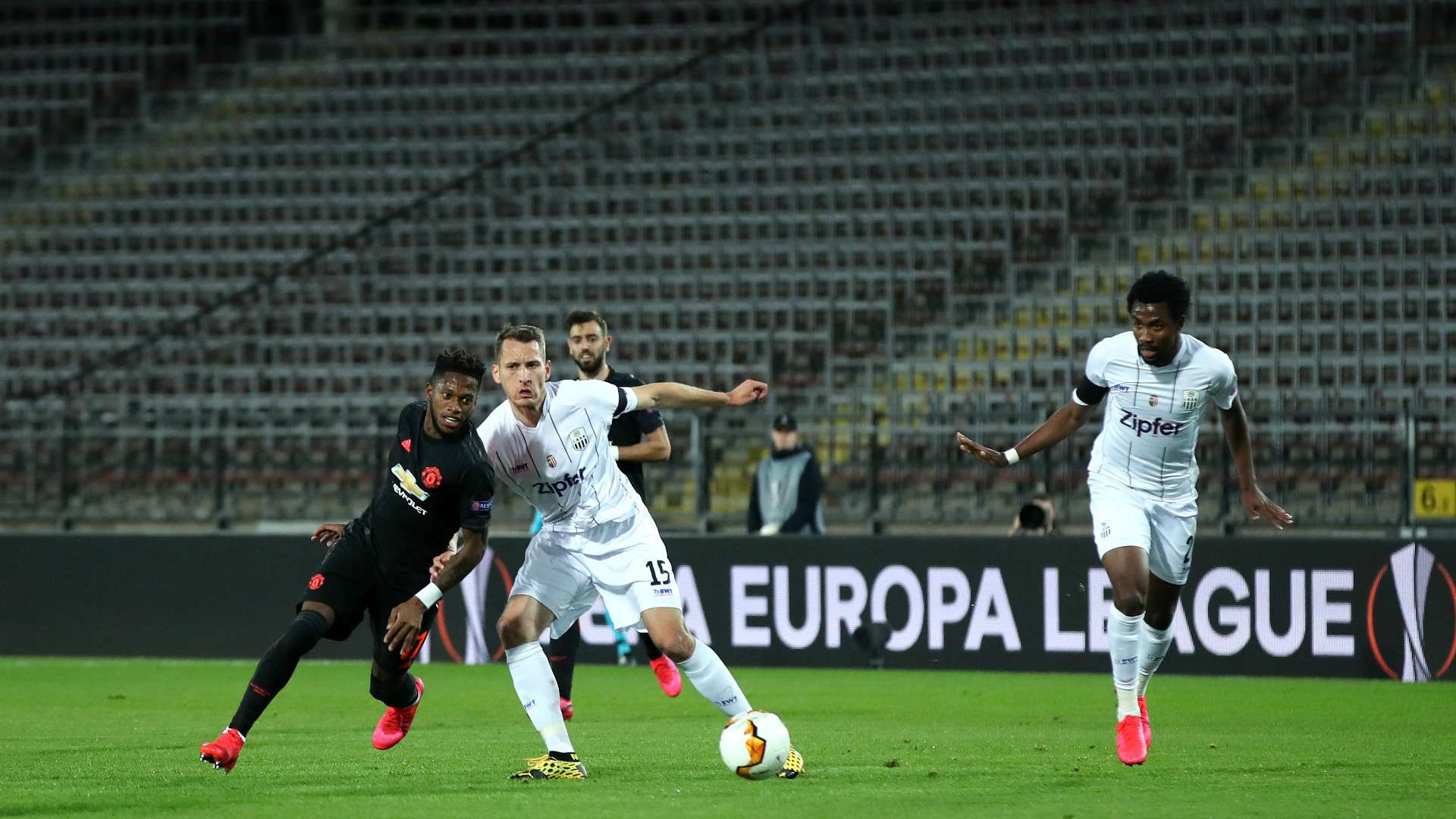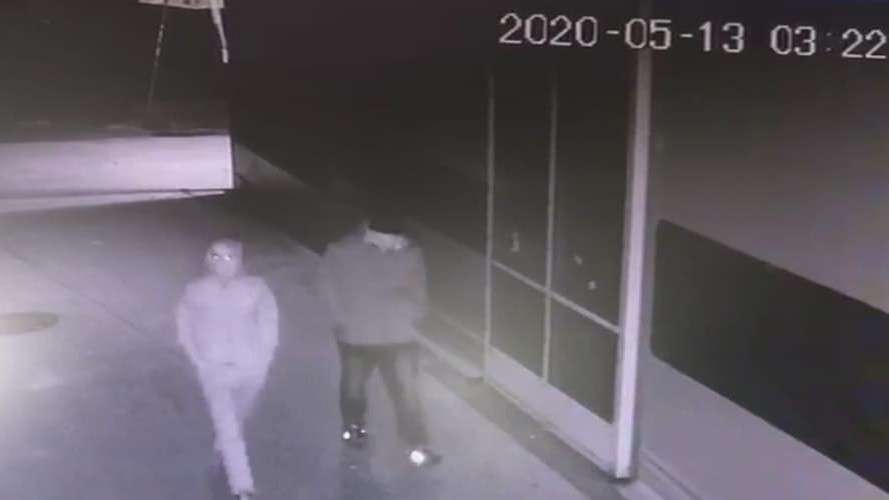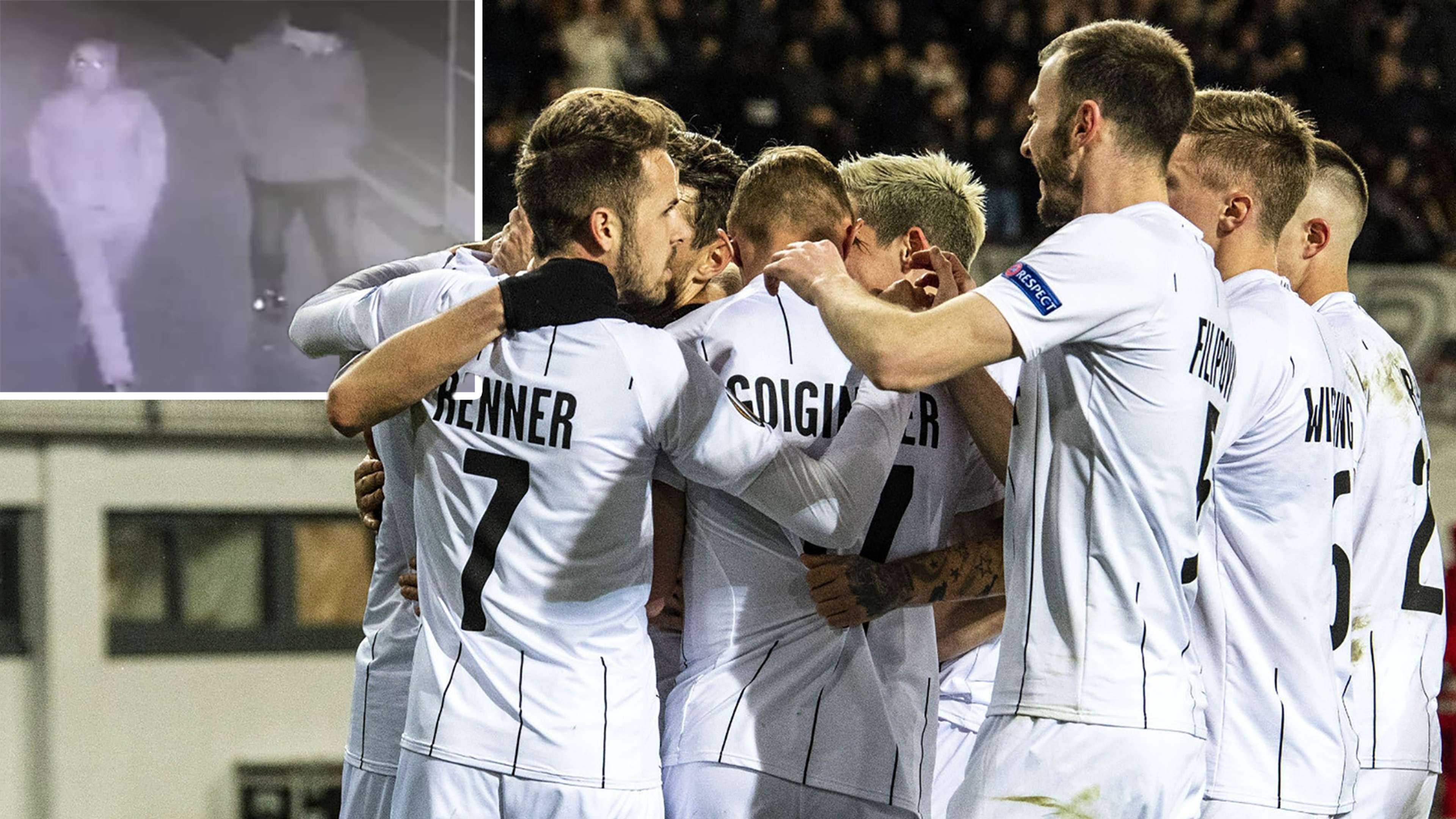The proposed return of football following the coronavirus-enforced shutdown has seen a number of questions arise from those both inside and outside the game.
Will the players and coaches be safe? Is it morally right to be playing professional sport during a pandemic? How does a sport that relies as much on the spectacle that surrounds it as the game itself cope without atmosphere?
One of the main issues from a competitive standpoint, though, has been the question of integrity. Whether it is neutral venues, points-per-game calculations or if promotion and relegation are viable after a curtailed season, almost every league around the world has been forced to ponder whether what they are proposing is truly fair for everyone.
In Austria, however, things have been stepped up a number of notches in terms of whether all clubs are truly set to be on an even footing when the Bundesliga returns in the coming weeks.
Last Thursday, in a statement released by 11 of Austria’s 12 top-flight clubs, it was alleged that league leaders LASK Linz had been partaking in full-contact training sessions – an act that contravened government guidelines regarding how clubs were allowed to begin their preparations ahead of the Bundesliga’s resumption on June 2.
“Through this illegal behaviour, the enormous efforts of the Bundesliga and its clubs to ensure the health of everyone involved in Bundesliga football have been made to look absurd,” the statement read. “As a result, the prevention concepts, which were developed jointly and unanimously approved by all clubs, were maliciously betrayed.
“This also results in a clear competitive advantage for LASK compared to the other clubs in the Bundesliga, which cannot be accepted.”
Stephan Reiter, commercial director of reigning champions - and LASK’s main title challengers - Red Bull Salzburg, added: “We are shocked and stunned by the way LASK have worked. We have been working so hard together on the proposals for many months. Obviously not all clubs and individuals are aware of this great responsibility.”
LASK were last in action in one of the final elite-level matches before Covid-19 decimated the European footballing calendar, succumbing to a 5-0 home defeat to Manchester United in the Europa League on March 12.
 Getty Images
Getty Images
Their run to the last 16 of the competition was just one facet of what was becoming a fairy tale season for a club who just eight years ago were relegated to the third tier of Austrian football and came perilously close to extinction.
LASK’s only previous league title came back in 1965, but after keeping on the coattails of an Erling Haaland-inspired Salzburg during the first half of the campaign, they had taken advantage of the defending champions’ drop in form since the sale of their teenage goal machine to move three points clear ahead of the end-of-season play-offs.
"It was a dream season for LASK up to this point," Simon Clark, the co-host of Austrian football podcast, The Other Bundesliga, told Goal. "General football fans were happy to see another club challenge Salzburg’s dominance at the top of the table. Salzburg have won the last six league titles and LASK were the first real challenge to them in a few seasons.
"Their European heroics helped, with people in the country proud that a club of LASK’s size could compete and represent Austria so well."
All that seemingly stood between LASK and a historic title were those 10 play-off matches, which were scheduled to begin in the coming weeks. But any punishment for their premature resumption of team training could hinder their hopes - fines, points deductions and even expulsion from the league have all been mooted - and as such the club have moved quickly to come clean.
“The entire coaching staff approached me and said that if we continued to train like we were, we wouldn’t be able to play in two weeks,” LASK vice-president Jurgen Werner told a press conference. “Then he [head coach Valerien Ismael] asked me if we could do more intensive training. That was stupid, a big mistake on our part and I would like to sincerely apologise to all of the other 11 clubs, the sponsors and the general public.
“We didn’t want to give ourselves an advantage, we wanted to look at the health of the players. Players have been tested and followed all hygiene measures. Because of the situation, we tried to make sure the players were fit. The arrow was shot, but it was stupid.”
Ismael added: “We did not endanger anyone. It was just four training sessions in which we wanted to step things up. It was a mistake. We didn't want to give ourselves a head start.”
LASK’s illegal sessions came to light after video footage of them training was sent to the Bundesliga by the other 11 clubs. This came three days after the police had been called to the club’s training ground after complaints that players were not maintaining the specified distance from one another and practising in larger groups, though no violations were found at that time.
It is how the incriminating video footage came to be, however, that gives the story some added spice.
Before the claims from the other clubs had even been released, LASK issued a statement of their own, claiming they had been victims of "industrial espionage".

“In the early hours of Wednesday, May 13, the area surrounding the Raiffeisen Arena was broken into and surveillance cameras were installed illegally,” the statement, which was accompanied by a still from CCTV footage of two hooded individuals allegedly trespassing on the club’s grounds (pictured above), read.
LASK managing director, Andreas Protil, added: “Because this is the second similar incident in a very short time, we have decided to go to the press. We are shocked that there are obviously third parties who are willing to use criminal energy to break into our club premises in order to engage in industrial espionage.”
Spying on the training sessions of opposition teams is nothing new, as fans of Leeds United and Derby County will recall only too well after the controversy surrounding Marcelo Bielsa’s practices in January 2019. But if LASK’s allegations are proven to be correct, then both sides of the argument that has engulfed Austrian football will have questions to answer.
"The reaction in Austria has been universally negative – not only from a sporting standpoint but a moral standpoint as well," Clark told Goal. "From a football perspective it is seen as tarnishing one of the best stories to happen in Austrian football in a long time and has plunged the Austrian Bundesliga, which was already facing political and social pressure about the restart, into chaos. The only people who are defending this are LASK themselves."
For now, the case against LASK will be heard by the league’s Senate 1 - a committee whose responsibilities include the handing down of sanctions for rule breaks. In the meantime, teams have been permitted to resume full contact training ahead of football’s restart in two weeks’ time. Only then will it become clear whether the league leaders have truly gained an unfair advantage.




